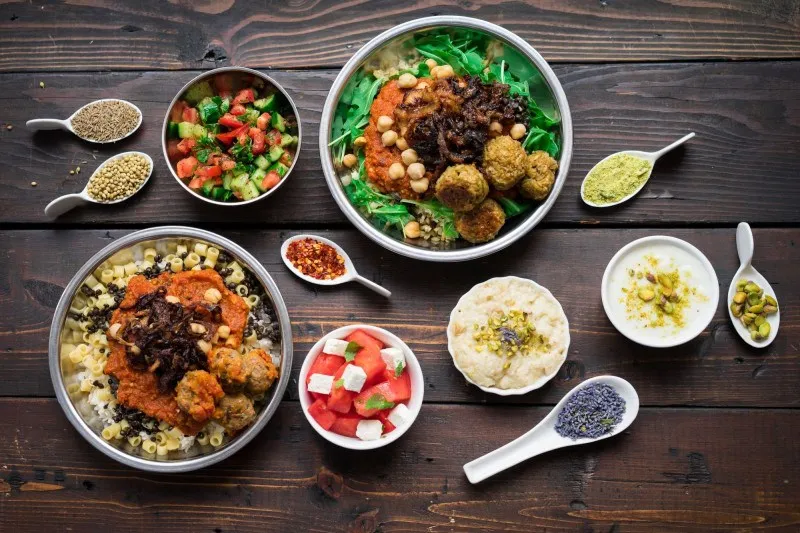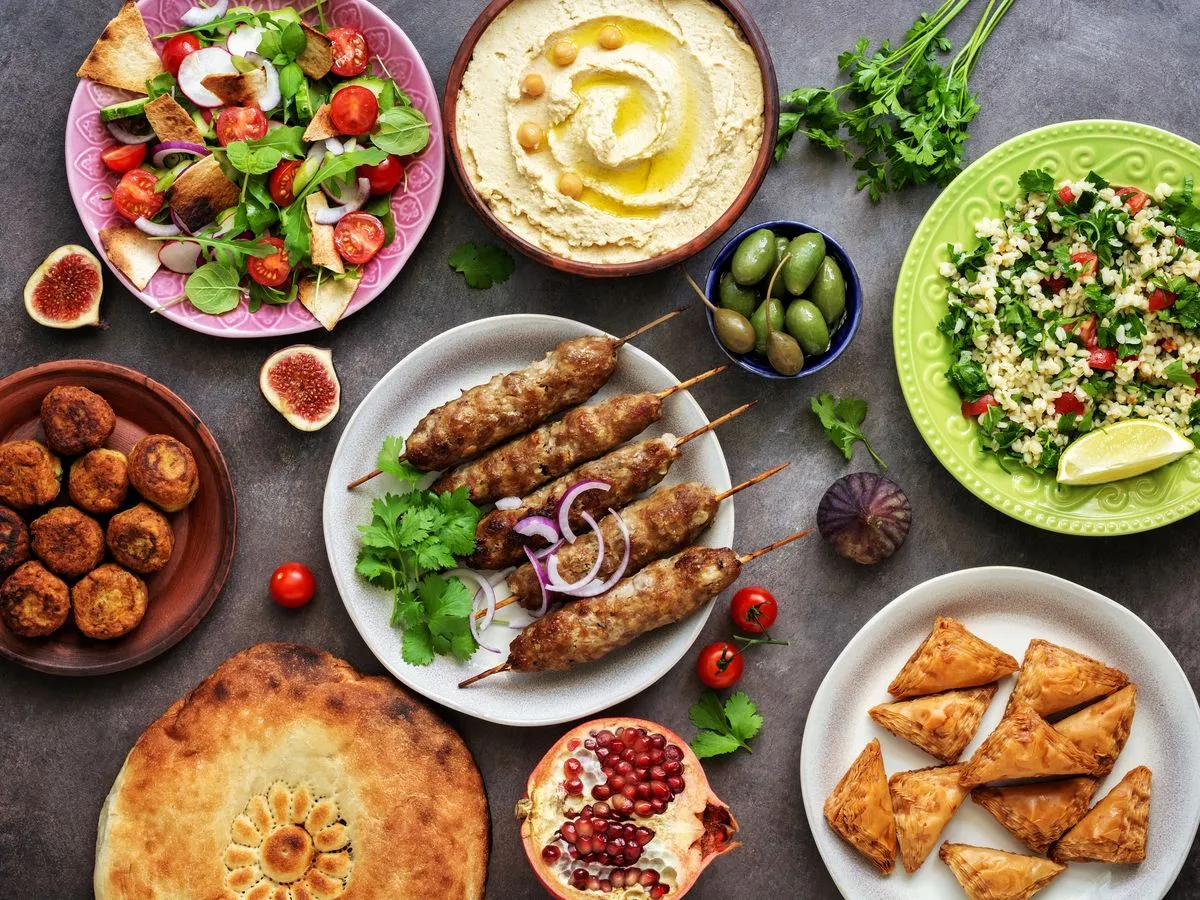A Woman’s Guide to Experiencing Egyptian Cuisine
Explore Egyptian cuisine: street food, regional dishes, desserts, culture, and etiquette.
Experiencing Egyptian cuisine is like embarking on a culinary adventure through history, culture, and diverse flavours. Here's a guide tailored for women to savour the best of Egypt's gastronomic delights:
1. Exploring Street Food:
Venture into the bustling streets and markets to sample authentic street food like koshari (a hearty mix of rice, lentils, pasta, and spicy tomato sauce), ta'ameya (Egyptian falafel), and Hawawshi (spiced meat stuffed in pita bread).
2. Indulging in Breakfast Classics:
Start your day with a traditional Egyptian breakfast featuring ful medames (mashed fava beans), baladi bread (Egyptian bread), cheese, olives, eggs, and tahini.
3. Delving into Regional Specialties:
Explore regional dishes like molokhia (jute leaf stew), feteer meshaltet (layered pastry), and stuffed vegetables, each showcasing unique flavours and cooking techniques.

4. Sampling Seafood Delicacies:
Head to coastal regions like Alexandria to relish seafood delicacies such as grilled fish, shrimp, calamari, and seafood tagine cooked with aromatic spices.
5. Savoring Sweet Treats:
Treat your taste buds to Egyptian desserts like basbousa (semolina cake soaked in syrup), kunafa (shredded pastry with nuts and syrup), and qatayef (stuffed pancakes) accompanied by a cup of mint tea.

6. Enjoying Cultural Dining Experiences:
Immerse yourself in Egyptian culture by dining in traditional restaurants like "foul cart" or "kushari shops," where you can interact with locals and learn about their culinary traditions.
7. Learning to Cook Egyptian Cuisine:
Take a cooking class or join a local family for a home-cooked meal experience to learn the art of preparing authentic Egyptian dishes using traditional recipes and techniques.
8. Being Mindful of Etiquette:
Respect local customs, such as eating with your right hand, removing shoes before entering homes, and expressing gratitude towards hosts for their hospitality.

9. Navigating Dietary Restrictions:
If you have dietary restrictions, communicate them clearly to ensure your meals are prepared accordingly. Many Egyptian dishes are naturally vegetarian or vegan-friendly, but it's always good to double-check ingredients.
10. Staying Hydrated and Safe:
Stay hydrated by drinking bottled water and fresh fruit juices, especially during hot weather. Be cautious of street food hygiene and opt for well-established eateries to avoid any health issues.
Embark on this culinary journey with an open mind and a willingness to embrace the rich tapestry of flavours, textures, and aromas that Egyptian cuisine has to offer. Bon appétit, or as they say in Egypt, "Be'teavon!" (Enjoy your meal!)







